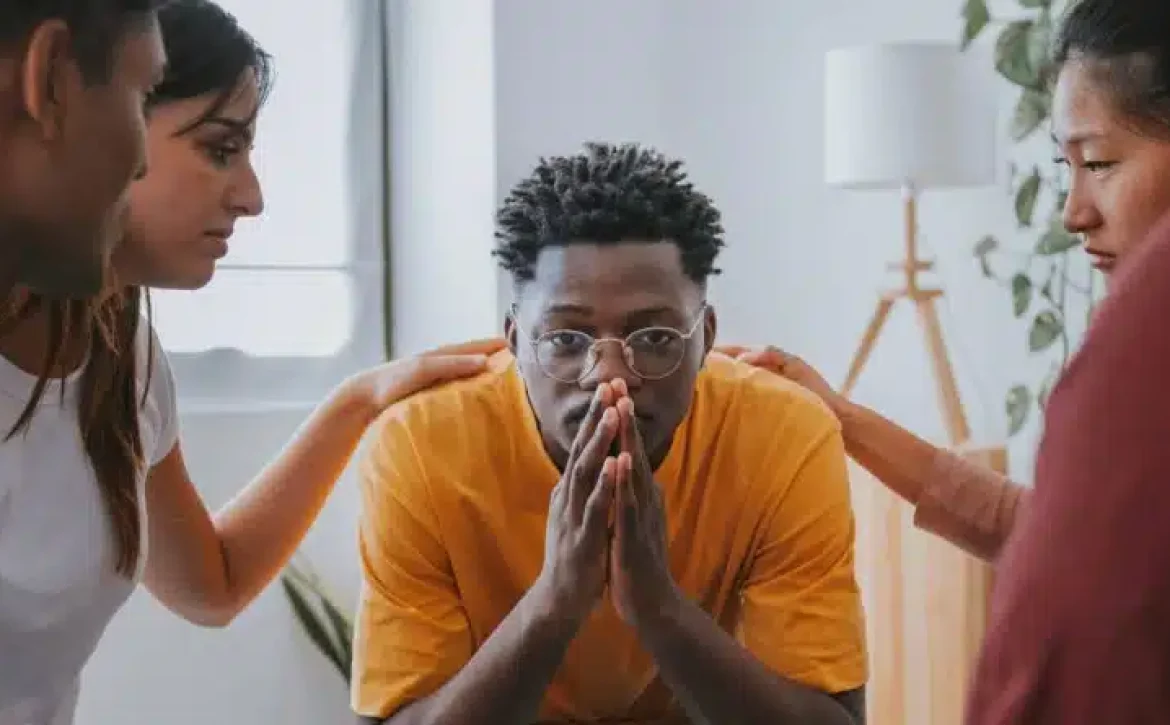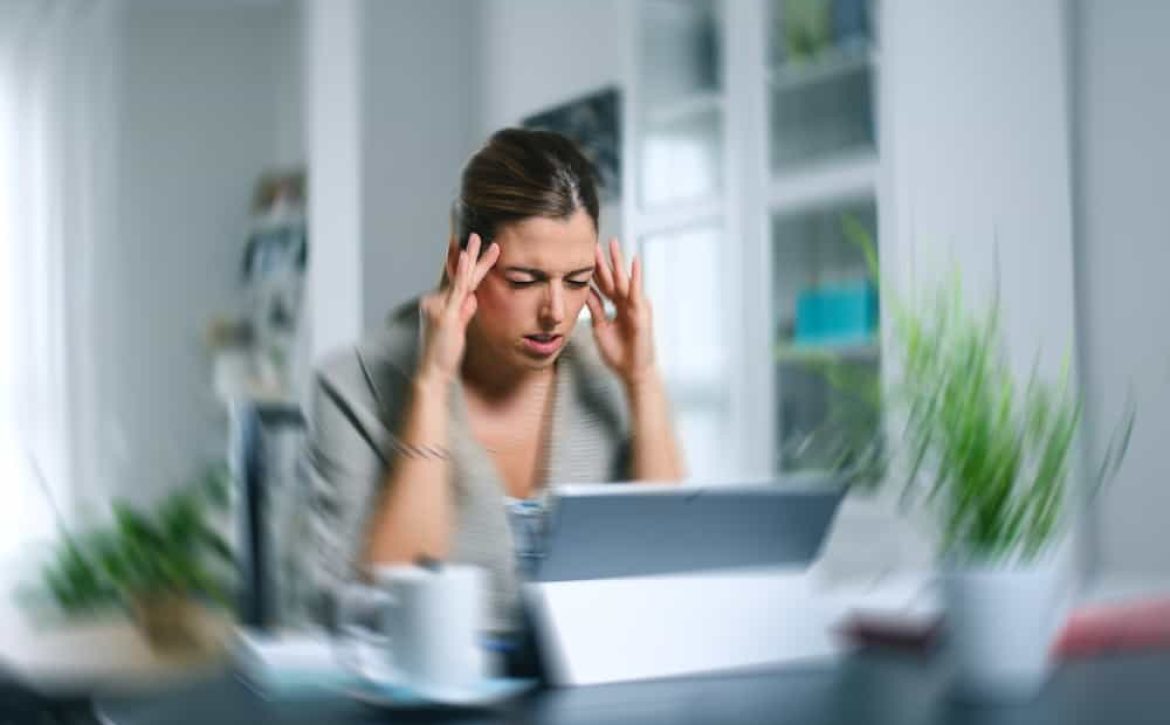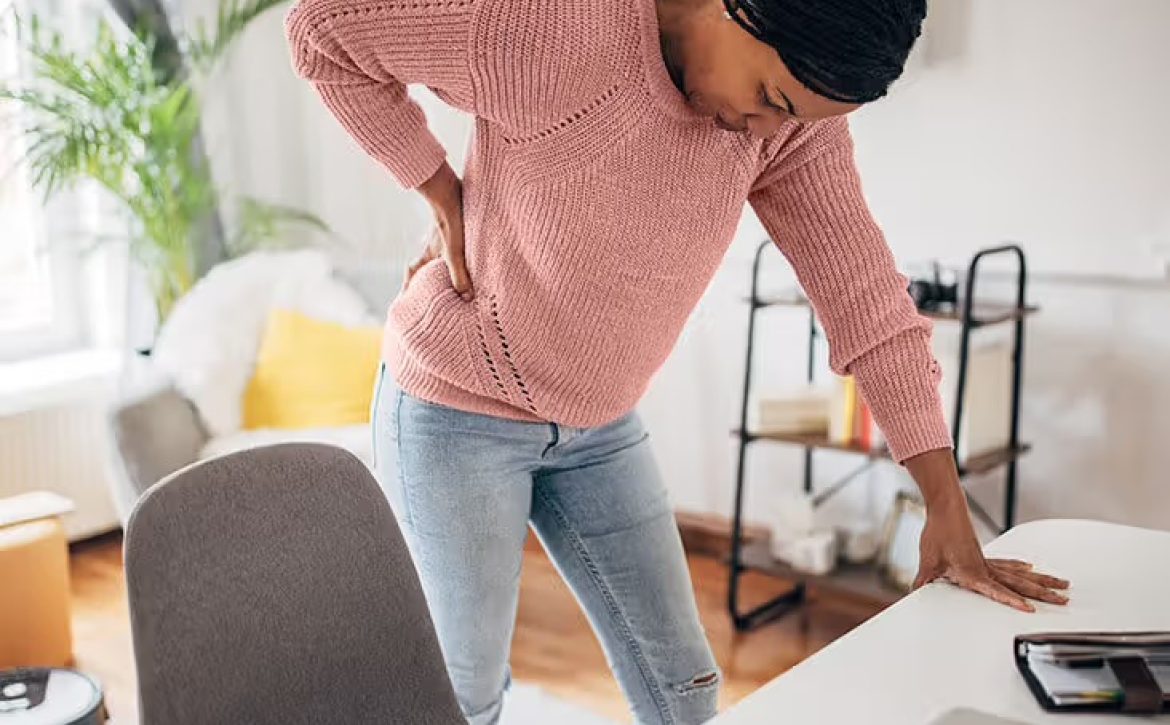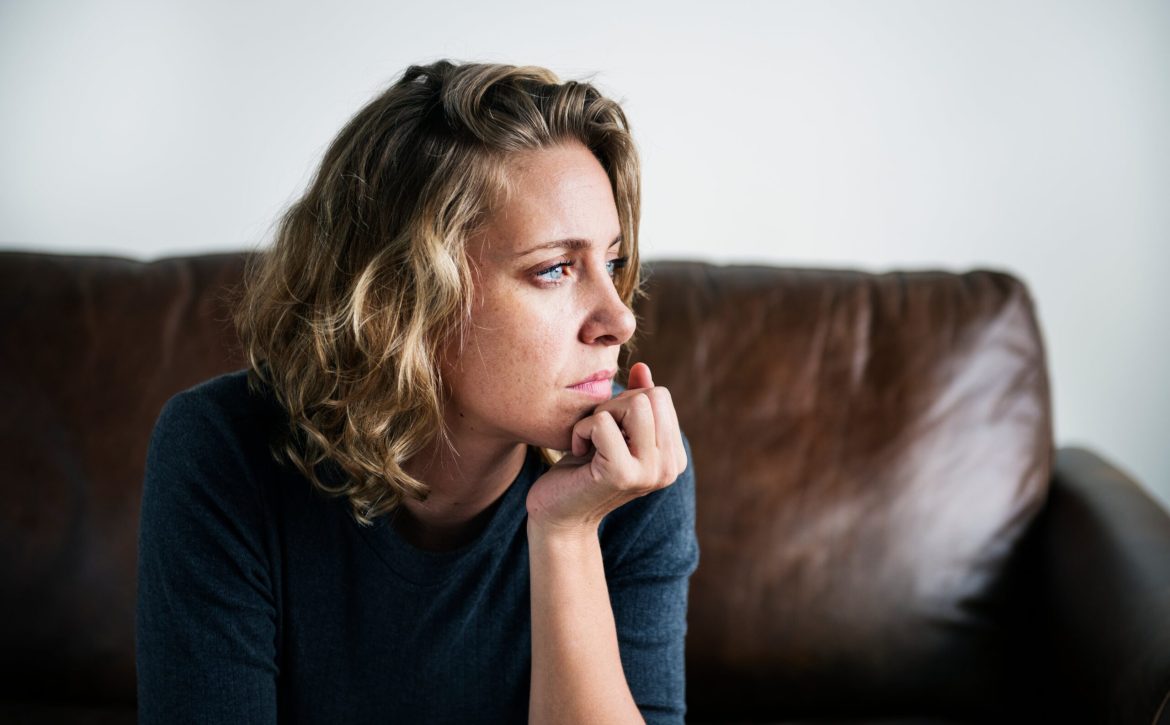7 Signs of High-Functioning Anxiety
Anxiety is a common mental health condition that affects millions of individuals worldwide. While some experience visible symptoms, others may struggle silently with high-functioning anxiety, masking their inner turmoil behind a cover of productivity and success. As individuals navigate the complexities of mental health, understanding the way anxiety manifests, even when seemingly hidden, is essential for seeking appropriate support and treatment. Today we explore the 7 signs of high-functioning anxiety, how it can impact daily life, and how Novu Wellness can help support you.
What is High-Functioning Anxiety?
High-functioning anxiety refers to a form of anxiety where individuals appear to have it all together externally, yet internally, they battle persistent feelings of worry, fear, and apprehension. Despite outward achievements, those with high-functioning anxiety may grapple with intense internal pressure and self-doubt. It can be tough to spot this kind of anxiety because individuals might not show the usual signs of anxiety, like having panic attacks or avoiding certain situations.
What are the 7 Signs of High-Functioning Anxiety?
- Striving for Perfection: Those with high-functioning anxiety often set unrealistically high standards for themselves, leading to excessive self-criticism when expectations aren’t met.
- Overanalyzing: Individuals with high-functioning anxiety tend to dwell on past events or worry excessively about future outcomes, engaging in constant rumination.
- Avoidance of Situations: People grappling with high-functioning anxiety may steer clear of certain social gatherings or new opportunities due to underlying fears and anxieties.
- Procrastination: Those with high-functioning anxiety may delay tasks or projects, fearing failure or falling short of their own expectations.
- Desire for Control: Individuals with high-functioning anxiety may seek to micromanage every aspect of their lives as a coping mechanism to alleviate anxiety.
- Physical Symptoms: People experiencing high-functioning anxiety may endure physical manifestations such as muscle tension, headaches, or digestive issues as a result of their anxious state.
- Imposter Phenomenon: Those with high-functioning anxiety often grapple with feelings of inadequacy despite their accomplishments, consistently doubting themselves and their abilities.
What Causes High-Functioning Anxiety?
The exact reasons behind high-functioning anxiety aren’t fully clear yet. However, certain things have been linked to its development. Here are some common factors:
Family Background: Anxiety disorders, like high-functioning anxiety, can sometimes run in families. If someone has family members with anxiety, they might be more likely to have it too.
Tough Childhoods: Traumatic things that happen during childhood, like being abused or neglected, can lead to anxiety problems later on.
Striving for Perfection: People who strive for perfection in their life may end up feeling more anxious, partly due to the high amounts of pressure put on themselves to meet high standards.
Stressful Situations: When circumstantial stress levels rise, like at work or in relationships, it can make anxiety worse.
Brain Chemicals: Sometimes, imbalances in certain chemicals in the brain, like dopamine and serotonin, can make anxiety worse and add to the development of anxiety disorders.
Even though the presence of these factors can make high-functioning anxiety more likely, not everyone who goes through them will have the condition. Conversely, some people might have high-functioning anxiety even if they have not had any of these experiences. High-functioning anxiety is complex and unique to each individual.
How to Treat High-Functioning Anxiety
Treatment for high-functioning anxiety typically involves a multifaceted approach tailored to individual needs. Strategies may include:
Therapy: Cognitive-behavioral therapy (CBT) and mindfulness-based techniques can help individuals challenge negative thought patterns and cultivate coping mechanisms.
Medication: In some cases, medication may be prescribed to alleviate symptoms of anxiety and promote mental well-being.
Lifestyle Changes: Engaging in regular exercise, practicing meditation or relaxation techniques, maintaining a healthy diet, and prioritizing adequate sleep can all contribute to managing high-functioning anxiety.
Contact Us For Support
In conclusion, recognizing the signs of high-functioning anxiety is crucial for fostering understanding and empathy toward those silently battling inner turmoil. With the right support and treatment, individuals can learn to manage anxiety effectively and embrace a life of fulfillment and resilience.
If you or someone you know is struggling with high-functioning anxiety, know that support and treatment are available. At Novu Wellness, we offer comprehensive mental health services tailored to individual needs. Our compassionate team is dedicated to helping you navigate the challenges of anxiety and reclaim a sense of balance and peace in your life. Reaching out for help is the first step toward healing; contact Novu Wellness today to start your journey.







